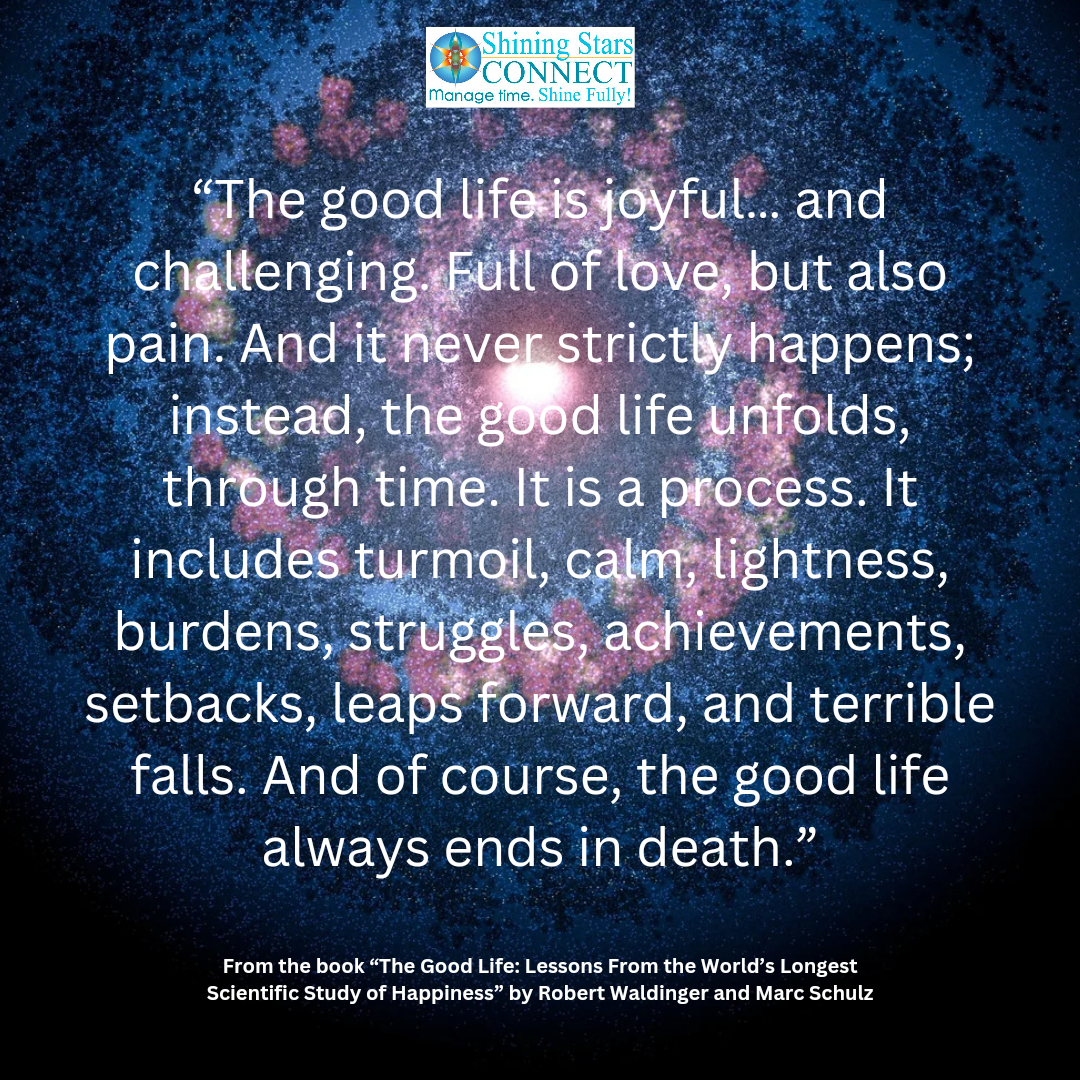Life Hack: Use Your Memory to Accomplish More Success – Part 3 Intention Detection and Retrieval
By, Kathy Shabotynskyj & Nafije Prishtina
In the previous blogs we reminded you that using a time management
system ensures continuous progress toward your goals. Your memory can be
enhanced to aid your success by using external cognitive tools such as 4S for
achieving your desired success.
Everyone knows it is a priority to care and nurture our own
bodies, but do you provide nurturing to your mind too? Our memory energy is
limited, and we have to be mindful on how we use our working memory so it
doesn’t get clogged with too much info. Our brains, though very powerful, can
only hold so much input at a time. Research shows that a healthy adult brain
holds about seven tasks at a time. Employing mindful strategies will help
maintain focus on our top tasks and top goals and avoid distractions.
Kliegel et. Al (2007) emphasizes the importance of utilizing
planning aids such as 4S. This researcher explains the concept best by
saying that ; Individuals are faced with complex situations where they are
required to remember to perform not just one or several similar intentions, but
rather sets of diverse intentions. Moreover, performance of our intentions are
often restricted in terms of order, importance, and time. Furthermore, they
have to remember to carry out various jobs at different locations, such as at
home and at work, and sometimes may not have enough time to complete the “to do
list.” As a result, they will have to remember to switch between tasks and
priorities and keep balance. From neuroscience, we learn the importance of
self-monitoring and intentions and goal progress. Monitoring, a prospective
memory task, is associated with increased prefrontal cortex activation; whereas
automatic retrieval is associated with increased temporal cortex activation.1
Steps to follow for daily monitoring and increased prefrontal
cortex activation:
Step 1. Review your daily schedule and self-monitor: The best way
to hold ourselves accountable is by checking in with yourself first thing in
the morning, at noon and after work. Reviewing your daily planner every few
hours will encourage the use of episodic future thought (EFT). It will keep you
in charge of your life and help you make more progress on your to-do’s. You
will be surprised how much you accomplish between morning and noon, and noon to
5 pm. Your brain is going to get extra happy as you write a CHECK MARK next to
your completed tasks. You will be more motivated when you put a STAR on the “in
progress” tasks. You will look forward to working the next day when you move an
uncompleted task to the next day.
Step 2. Refocus yourself and hold yourself accountable: Though we
all are striving to complete our most important tasks, sometimes life gets in
the way and we may not be able to make the desired progress. When this happens,
we need to clear the noise and refocus. We need to be honest with ourselves and
find out what obstacles are impeding progress. After you identify the
obstacles take some time and brainstorm ideas to overcome those challenges.
Remember your favorite prayers and affirmations. Nurture yourself first and
foremost, both the body and mind. Your own well-being must be a top priority,
even if that means scheduling your tasks for another day/time or delegating
your tasks.
Step 3. Ask for help with accountability: Holding ourselves
accountable for our actions requires a lot of discipline. Let’s be honest, some
goals require more attention and sometimes we benefit if we have a partner who
can help us with accountability. Social accountability in prospective memory is
very important. When we share our goals with others and ask them to hold us
accountable, our performance increases. The external accountability serves as a
“cue” for your memory and therefore you are more likely to do what you say you
will do.
Think about it, at work you have so many people holding you
accountable for different things, but after you come home most likely nobody is
going to ask you for your agenda for the other aspects of your life.
My clients make my day when they share pictures of their daily
planner with all tasks completed. They tell me that they don’t want to
disappoint me, and therefore they put extra efforts to fulfilling their
committed daily goals.
In Part 4 of our Life Hack Blog, we’ll show you how to accomplish
more success using your memory and accountability tactics.
Reference:
1. cf. McCauley et al., 2009; McDaniel et al., 2013
1. cf. McCauley et al., 2009; McDaniel et al., 2013
See Earlier Blogs in this
series:
Life Hack: Use Your
Memory to Accomplish More Success
Part 1: Leverage Your
Emotions and Enhance Your Productivity
Part 2: Planning, Organizing, and Prioritizing
Career
Coach Kathy Shabotynskyj:
kathy@mycareerteam.com
Life Coach
Nafije Prishtina:
Contact
us today for a complimentary PDF worksheet of 4S!


Comments
Post a Comment